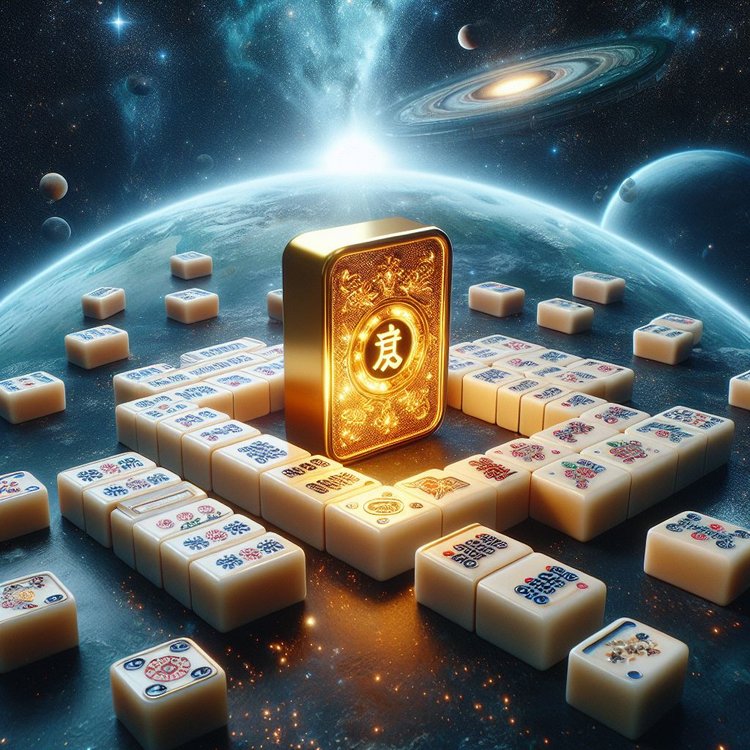In the past few decades, the landscape of gaming has undergone a remarkable transformation, transcending its origins as a mere leisure activity to emerge as a significant cultural force. What was once considered a solitary pastime has now evolved into a multifaceted phenomenon that encompasses a wide range of genres, platforms, and communities.
The advent of video games can be traced back to the early days of arcade machines and home consoles in the 1970s and 1980s. Initially perceived as a form Slot mahjong ways of entertainment primarily enjoyed by children and adolescents, gaming gradually gained mainstream acceptance as technology advanced and the medium matured.
One of the most notable developments in gaming was the rise of personal computers and the internet, which facilitated the creation of online multiplayer games and virtual communities. Suddenly, gaming was no longer confined to the confines of living rooms or arcades; it became a global phenomenon, connecting players from around the world in shared virtual spaces. 
The evolution of gaming has been driven by technological innovation, artistic creativity, and changing consumer preferences. Advances in graphics rendering, artificial intelligence, and virtual reality have enabled developers to create increasingly immersive and realistic gaming experiences. Meanwhile, indie developers have pushed the boundaries of storytelling and gameplay mechanics, challenging the conventions of mainstream gaming and catering to niche audiences.
Moreover, gaming has become a lucrative industry in its own right, with blockbuster titles generating billions of dollars in revenue annually. Esports, or competitive gaming, has emerged as a legitimate spectator sport, attracting millions of viewers and offering professional opportunities for skilled players. Major tournaments and events, such as the League of Legends World Championship and The International Dota 2 Championships, rival traditional sporting events in terms of viewership and prize money.
Beyond entertainment, gaming has also become a cultural touchstone, influencing music, fashion, and even politics. Video game soundtracks have gained recognition as works of art in their own right, while cosplay and fan conventions celebrate gaming culture in all its diversity. Furthermore, video games have been increasingly recognized as a powerful medium for storytelling and social commentary, tackling complex themes and issues with nuance and depth.
However, gaming is not without its controversies and challenges. Concerns about addiction, online toxicity, and representation in gaming continue to be hotly debated topics within the industry and among policymakers. Moreover, the rapid pace of technological advancement raises questions about the ethical implications of emerging technologies such as virtual reality and augmented reality.
Despite these challenges, the future of gaming appears brighter than ever. With the advent of cloud gaming, streaming platforms, and augmented reality, the boundaries of what is possible in gaming continue to expand. As gaming continues to evolve and innovate, one thing is certain: its influence on culture and society will only continue to grow. From its humble beginnings as a form of entertainment to its current status as a cultural phenomenon, gaming has come a long way—and the journey is far from over.